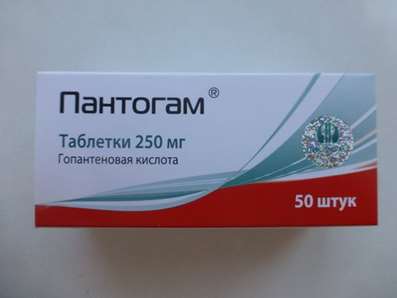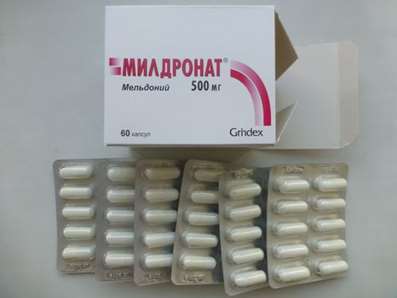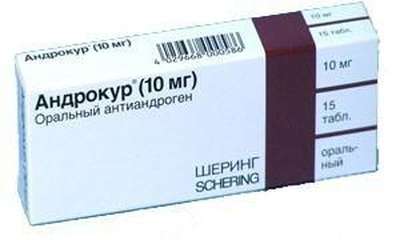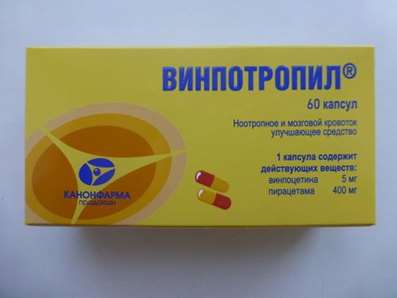Instruction for use: Efalizumab
I want this, give me price
Trade name of the drug – Raptiva
The Latin name of the substance Efalizumab
Efalizumabum (genus. Efalizumabi)
Pharmacological group:
Immunosuppressive drugs
CAS code
214745-43-4
Characteristics of the substance Efalizumab
The humanized recombinant monoclonal antibody binding CD11
Application in pregnancy and lactation
The action category for fetus by FDA is C.
Model clinical-pharmacological article 1
Characteristic. Humanized monoclonal antibodies (IgG1 immunoglobulins) obtained using Chinese hamster ovary cells.
Pharmacotherapy. Immunosuppressive selective action. Specifically binds to protein structures - CDlla (subunit of LFA-1 molecule), on activated T-lymphocytes. Inhibits the binding of LFA-1 to ICAM-1, on keratinocytes and activated vascular endothelial cells. Blocking the binding of these cell structures, inhibits the interaction of activated T lymphocytes with other cells, in particular keratinocytes and vascular endothelial cells, suppressing the functional activity of T-helpers, natural killers, cytotoxic T cells, blocking the release of lymphocytes from the vascular bed. By suppressing the function of activated T-lymphocytes, it acts on immunological processes, reducing the severity of clinical manifestations of psoriasis, reducing the symptoms of inflammation and improving the condition of affected areas of the skin.
Pharmacokinetics. Pharmacokinetics has a nonlinear character. Bioavailability is 30-50%. TCss - 4 weeks, Cmax - 12 mcg / ml. Clearance - 24 ml / kg / day (5-76 ml / kg / day), depends on the body weight, which confirms the need for calculating the dose depending on body weight. T1 / 2 - 25 days (13-35 days).
Indication. Psoriasis of moderate to severe severity.
Contraindications. Hypersensitivity, malignant neoplasms, severe infectious diseases (including sepsis, tuberculosis, hepatitis B, hepatitis C), vaccination with live vaccines, pregnancy, lactation period, children's age (under 18 years).
Carefully. Renal / hepatic impairment, advanced age.
Dosing. SC (in the region of the hip, abdomen, gluteus muscles, upper parts of the shoulder), the initial dose is 0.7 mg / kg, then 1 mg / kg once a week for 12 weeks. Before the introduction, the drug is dissolved. The concentration of the finished solution should be 100 mg / ml.
Side effect. Grippopodobny syndrome (headache, fever, chills, nausea, myalgia).
Allergic reactions: urticaria, skin rash.
Laboratory indicators: asymptomatic lymphocytosis, neutrophilia, eosinophilia, thrombocytopenia, increased activity of alkaline phosphatase, ALT (the parameters returned to baseline values after discontinuation of therapy), the formation of a specific antibody to efalizumab.
Overdose. Symptoms: increased blood pressure, chills, hyperthermia, nausea, vomiting.
Treatment: symptomatic.
Interaction. Do not mix with other drugs.
Information on the application simultaneously with other drugs for the treatment of psoriasis of systemic action (cyclosporine, methotrexate), as well as PUVA-therapy are absent, so efalizumab should not be combined with these drugs.
Do not use with other immunosuppressive drugs.
Possible application with GCS for topical application and ointments on tar basis.
Special instructions. Treatment is carried out under the supervision of a physician who has experience in the use of immunosuppressant drugs of systemic action.
It is recommended to periodically change the injection site.
The use of drugs that affect the function of T-lymphocytes may reduce the effectiveness of the immune response against infectious agents. If a serious infectious disease develops, efalizumab should be discontinued.
If you find ecchymoses, spontaneous hemorrhages, bleeding from the mucous membranes should stop taking the drug, determine the number of platelets, prescribe symptomatic therapy.
In the event that after 12 weeks of treatment there is no effect (reduction of the PASI index by less than 50%) treatment should be discontinued.
During the treatment period, regular monitoring of the platelet count is necessary (the first 3 months - monthly, then 1 time in 3 months), white blood cells (1 time in 3 months).
During treatment, there may be an exacerbation of psoriasis or psoriatic arthritis. In this case, the use of the drug is recommended to be discontinued.
Interruption of treatment without substitution therapy may be accompanied by a significant deterioration in the course of psoriasis. Renewal of the course stabilizes the condition and leads to a decrease in the frequency of relapses.
The effectiveness of therapy in elderly and young patients is the same. However, the elderly are more likely to develop infectious diseases, so therapy should be carried out with extreme caution.
During the treatment, vaccination with live vaccines is not recommended.
In 6.3% of patients receiving ephalizumab, specific antibodies were determined that did not exert a pronounced effect on the pharmacodynamic, pharmacokinetic parameters, efficacy and safety of the drug.
During treatment of women of childbearing age who receive ephalizumab, it is recommended to use reliable methods of contraception (there is no data on the effect of the drug on the fetus and on the reproductive function).
Because Ig usually penetrates into the mother's milk, during the period of treatment it is recommended to suspend breastfeeding.
In case of detection of neoplasm during the treatment period, the drug should be discontinued.
After preparation, the solution can be stored at a temperature of -2-8 ° C not more than 24 hours.

 Cart
Cart





